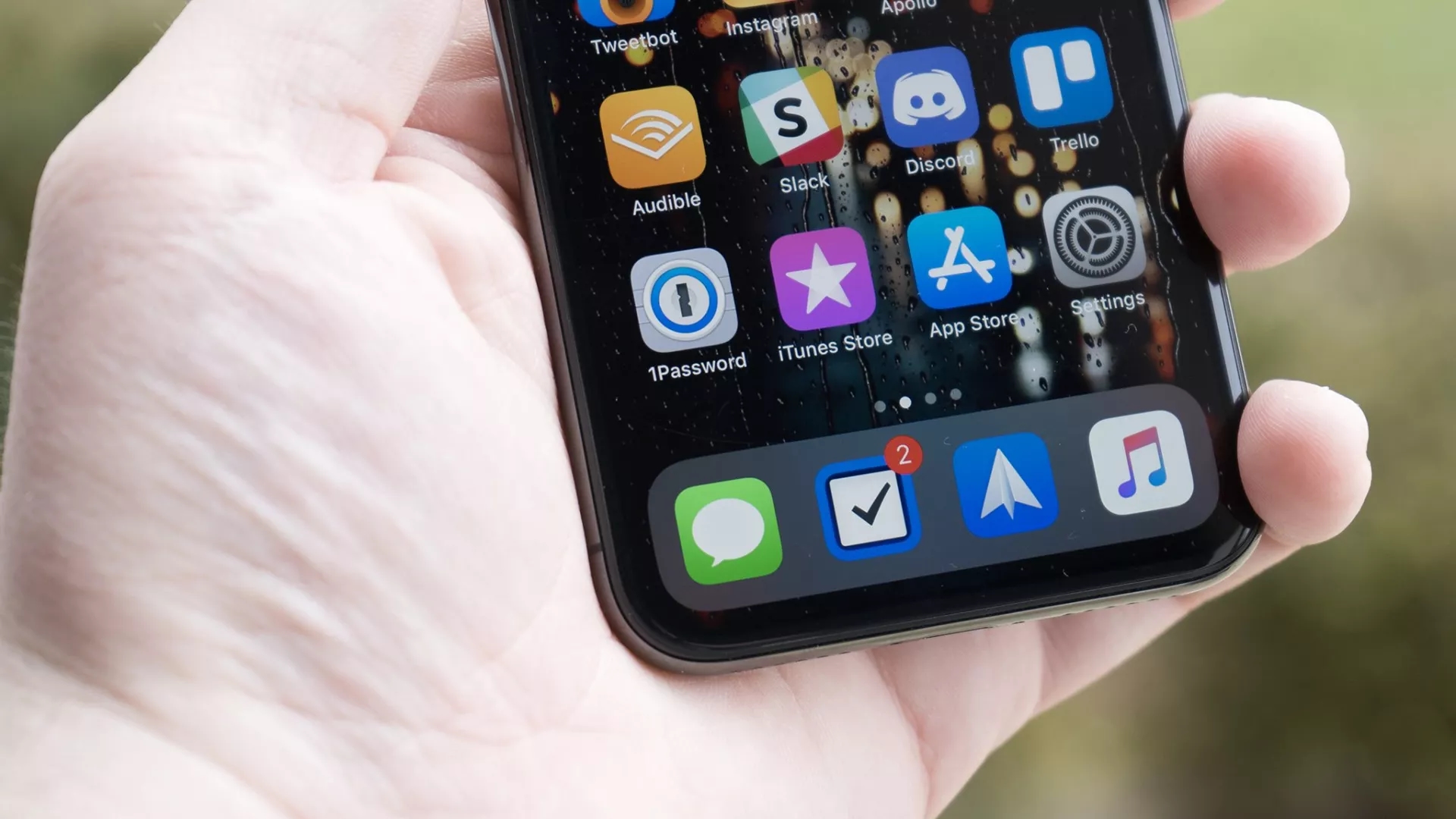Apple urges the UK to rethink anti-encryption plans that would change iMessage forever
And it isn't alone.

iMore offers spot-on advice and guidance from our team of experts, with decades of Apple device experience to lean on. Learn more with iMore!
You are now subscribed
Your newsletter sign-up was successful
Apple has urged the UK to rethink plans that would force it and other messaging platform holders to bypass their own encryption to scan for child abuse images.
Apple's iMessage, like other messaging services from WhatsApp and Signal, uses end-to-end encryption to ensure that messages and their content remain private. But that means that illegal material can also be shared using those same services, and that's what the U.K.'s Online Safety Bill aims to prevent.
However, encryption prevents platform owners from scanning messages for such content, and for that reason, the bill would require that the encryption be bypassed. Apple, like others, wants to ensure that doesn't happen.
Privacy matters
The BBC reports that Apple has joined 80 other organizations and tech experts who have written to the U.K.'s Technology Minister Chloe Smith to ask for a rethink.
"End-to-end encryption is a critical capability that protects the privacy of journalists, human rights activists, and diplomats," Apple said in a statement. "It also helps everyday citizens defend themselves from surveillance, identity theft, fraud, and data breaches. The Online Safety Bill poses a serious threat to this protection, and could put UK citizens at greater risk."
However, the government told the BBC that it wants companies to only implement encryption if they can also prevent child abuse content from being shared on them. It isn't clear exactly how it expects that to happen, however.
This isn't the first time that Apple has been involved in controversy related to child abuse imagery. Its failed Child Sexual Abuse Material (CSAM) detection system launch would have seen all photos uploaded to iCloud also cross-referenced with hashed versions of known CSAM material. But Apple received so much backlash over the plans that they were ultimately canceled. People were concerned about the potential privacy implications.
iMore offers spot-on advice and guidance from our team of experts, with decades of Apple device experience to lean on. Learn more with iMore!
Now, Apple finds itself with a similar issue — how can it protect children while still ensuring that it sticks to the privacy convictions it's so successfully turned into an advertising campaign in recent years? Apple clearly believes that the best iPhone is one that protects a user's privacy. The U.K. would appear to disagree.

Oliver Haslam has written about Apple and the wider technology business for more than a decade with bylines on How-To Geek, PC Mag, iDownloadBlog, and many more. He has also been published in print for Macworld, including cover stories. At iMore, Oliver is involved in daily news coverage and, not being short of opinions, has been known to 'explain' those thoughts in more detail, too.
Having grown up using PCs and spending far too much money on graphics card and flashy RAM, Oliver switched to the Mac with a G5 iMac and hasn't looked back. Since then he's seen the growth of the smartphone world, backed by iPhone, and new product categories come and go. Current expertise includes iOS, macOS, streaming services, and pretty much anything that has a battery or plugs into a wall. Oliver also covers mobile gaming for iMore, with Apple Arcade a particular focus. He's been gaming since the Atari 2600 days and still struggles to comprehend the fact he can play console quality titles on his pocket computer.
